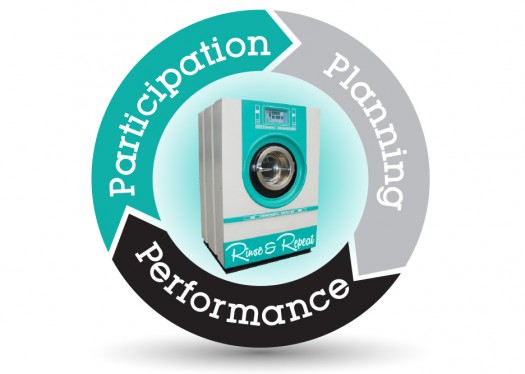if a community planning effort is to be judged by the degree to which all voices are heard, then anything short of a big turnout is going to feel like failure. Ben Brown talks equitable engagement, and aligning promises with implementation.
"So you’ve finally aligned the stars to get something important done in your community. Maybe’s it a corridor plan that nods to the needs of pedestrians, bikers and transit riders, as well as car drivers. Maybe it’s an ambitious mixed-use master plan for your downtown. Or a revamped zoning code to enable the development and redevelopment everybody seems to want."
"You’re about to wrap things up with a meeting to remind folks of how far you’ve come, how all the meetings and workshops and interim stakeholder check-ins informed the ideas that emerged. You invite questions. And here comes the most predictable one:"
“'I look around this room, and I see the usual faces. White faces. Comfortable middle-class people. But our community also includes lots of people who aren’t here. Who are historically left out of the conversation. Where are they? How can we say we have a community plan when their voices haven’t been heard?'”
Brown goes on to discuss the return on investment of time, money, trust. If you're a group that's been historically left out of the outcomes, you're going to opt out of the conversations.

FULL STORY: Equity, Engagement, Community: Empathy ain’t enough

Planetizen Federal Action Tracker
A weekly monitor of how Trump’s orders and actions are impacting planners and planning in America.

Chicago’s Ghost Rails
Just beneath the surface of the modern city lie the remnants of its expansive early 20th-century streetcar system.

Amtrak Cutting Jobs, Funding to High-Speed Rail
The agency plans to cut 10 percent of its workforce and has confirmed it will not fund new high-speed rail projects.

Ohio Forces Data Centers to Prepay for Power
Utilities are calling on states to hold data center operators responsible for new energy demands to prevent leaving consumers on the hook for their bills.

MARTA CEO Steps Down Amid Citizenship Concerns
MARTA’s board announced Thursday that its chief, who is from Canada, is resigning due to questions about his immigration status.

Silicon Valley ‘Bike Superhighway’ Awarded $14M State Grant
A Caltrans grant brings the 10-mile Central Bikeway project connecting Santa Clara and East San Jose closer to fruition.
Urban Design for Planners 1: Software Tools
This six-course series explores essential urban design concepts using open source software and equips planners with the tools they need to participate fully in the urban design process.
Planning for Universal Design
Learn the tools for implementing Universal Design in planning regulations.
Caltrans
City of Fort Worth
Mpact (founded as Rail~Volution)
City of Camden Redevelopment Agency
City of Astoria
City of Portland
City of Laramie





























